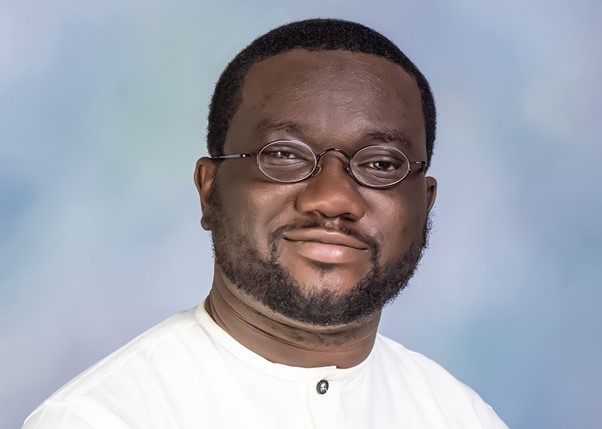
Abdulbassit Kassim, a PhD candidate in the Department of Religion at Rice University, has been announced as one of the winners of the prestigious Mellon/American Council of Learned Societies (ACLS) Dissertation Completion Fellowship.
The fellowship, awarded to 72 scholars this year, provides up to $43,000 in research funding to graduate students in the United States who are in their final year.
With the fund, Kassim will be drawing from manuscripts and ethnographic fieldwork to examine “the core doctrinal ideas that Islamic reformers and dissidents in Hausaland and Borno have contested and appropriated to legitimize their projects of reform from the eighteenth to the twenty-first centuries.”
He has faced extraordinary challenges during his PhD programme, from a battle with stage three cancer that started in 2016, to the strict restrictions that came with the COVID-19 pandemic and having his laptop, travel documents and research materials stolen one time during a trip to Nigeria.
“I had to start all over again,” he told Rice University. “I was depressed, mentally and physically exhausted and thought of quitting.”
He described the fellowship as a defining moment, not just due to the sizable grant but also because of “the status and academic worth of the award.” “It’s the most competitive PhD fellowship in humanities and social sciences,” he affirmed.
Kassim has written several widely cited papers that have improved understanding of the Boko Haram insurgency in Nigeria, especially since 2015 when he started his PhD programme at Rice University.
He is currently a Visiting Doctoral Fellow at the Institute for the Study of Islamic Thought in Africa at Northwestern University, where he researches Islamic Thought, African Religions, Africology, and so on.
He is an alumnus of Ahmadu Bello University, Nigeria, where he got a bachelor’s degree in International Studies and Keele University, where he got a postgraduate degree in Politics and International Relations.
The book he co-edited, The Boko Haram Reader: From Nigerian Preachers to the Islamic State, is described as the “first book on Boko Haram to translate vital primary sources from Arabic, Hausa and Kanuri into English.”
Other Nigerian awardees of the ACLS dissertation fellowship in 2021 include Oluseyi O. Agbelusi, Doctoral Candidate at Syracuse University; and Gabriel S. Bámgbóṣé, Doctoral Candidate at Rutgers University-New Brunswick.
Kassim announced through his Twitter account on Monday that he will be releasing a new book of five chapters in the early spring of 2022.
“For me, my current research is very dear to me and I have a fervent drive for research productivity — and I’m not just saying this,” he noted in the Rice University feature. “Right now, I’m writing my dissertation, but already I’m thinking of three future projects.”
Kassim believes his story is a testament to why resilience should be inculcated in individuals and the need for a strong support system in schools to assist researchers facing obstacles.
“No matter how tough those moments can be for you, it is not the end. Guess what? You can still make giant strides going forward,” he concluded.
Support Our Journalism
There are millions of ordinary people affected by conflict in Africa whose stories are missing in the mainstream media. HumAngle is determined to tell those challenging and under-reported stories, hoping that the people impacted by these conflicts will find the safety and security they deserve.
To ensure that we continue to provide public service coverage, we have a small favour to ask you. We want you to be part of our journalistic endeavour by contributing a token to us.
Your donation will further promote a robust, free, and independent media.
Donate HereStay Closer To The Stories That Matter




